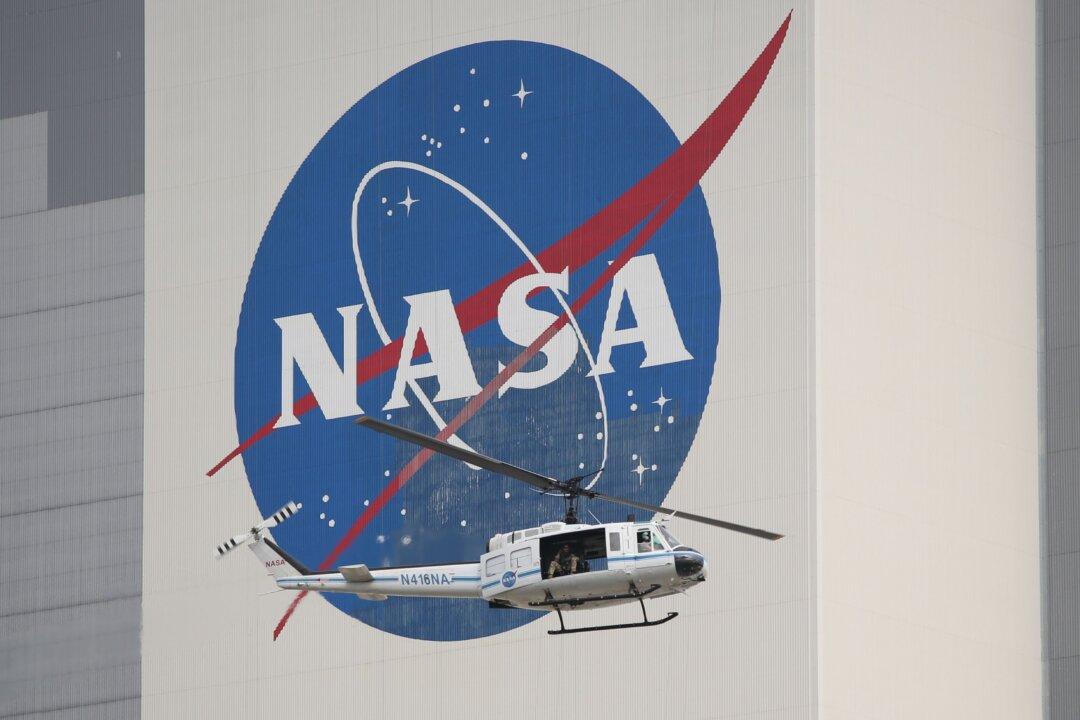A senior NASA scientist has been sentenced to 30 days in prison, months after he pleaded guilty to lying about his ties to a program backed by the Chinese regime designed to harvest talents from the West and transfer intellectual property to China.
Meyya Meyyappan, 66, of Pacifica, California, was sentenced on June 16 for making false statements to the FBI, NASA’s Office of Inspector General, and the U.S. Attorney for the Southern District of New York, the Justice Department announced in a news release.





